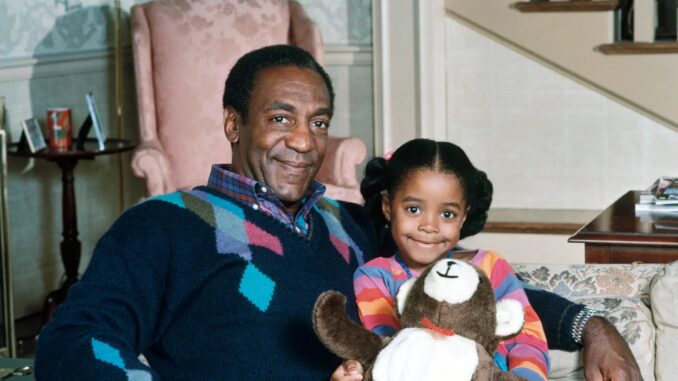
When The Cosby Show premiered in 1984, it quickly became a cultural phenomenon, reshaping how Black families were portrayed on television. As the lovable and highly respected Dr. Cliff Huxtable, Bill Cosby helped create a groundbreaking sitcom that presented an affluent, educated Black family living in Brooklyn—a stark contrast to the negative stereotypes of Black life often seen on TV. The show was not only a commercial success but a cultural milestone, offering a nuanced, positive depiction of Black Americans and their aspirations.
But as Bill Cosby’s legal troubles and sexual assault convictions unfolded in recent years, the legacy of The Cosby Show has become increasingly complicated. How should we think about a series that was once celebrated as a beacon of progress, when its star has been accused of egregious crimes that have caused profound harm to his victims? Can we still enjoy The Cosby Show in light of the actions of its lead actor, or does it forever change how we view the show and its impact?
This dilemma has sparked intense conversations about art, responsibility, and the ways in which we separate the artist from their work. For many, Cosby’s actions cast a shadow over the show’s significance, calling into question whether its positive cultural contributions can be overshadowed by the darkness of his personal life. Others argue that the show itself, which portrayed the Huxtables as a loving, accomplished family, should still be appreciated for its historical and social value, separate from the failings of the man behind it.
The Cosby Show undeniably changed television—offering a vision of Black success and family dynamics that had been sorely lacking in mainstream media. Yet today, as the show celebrates its 40th anniversary, we are forced to grapple with the question of whether we can continue to honor its legacy while acknowledging the deep moral complexities surrounding its creator.
Ultimately, how we think about The Cosby Show in 2024 is a reflection of broader conversations about accountability, redemption, and the enduring impact of media on culture. As we move forward, we must consider how to respect both the show’s groundbreaking achievements and the painful realities of its star’s actions—a task that may not have an easy answer but is critical in understanding the full scope of its legacy.